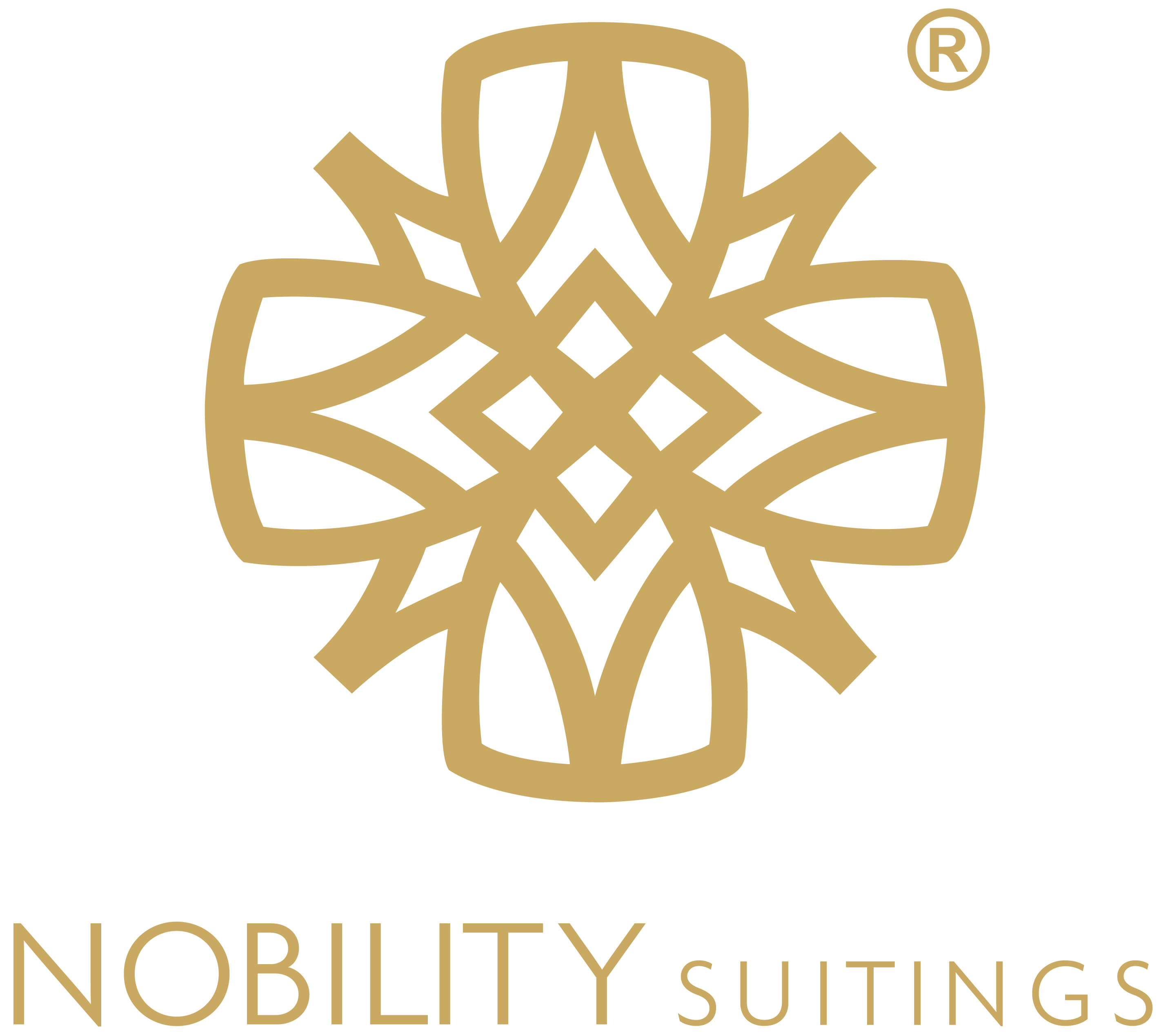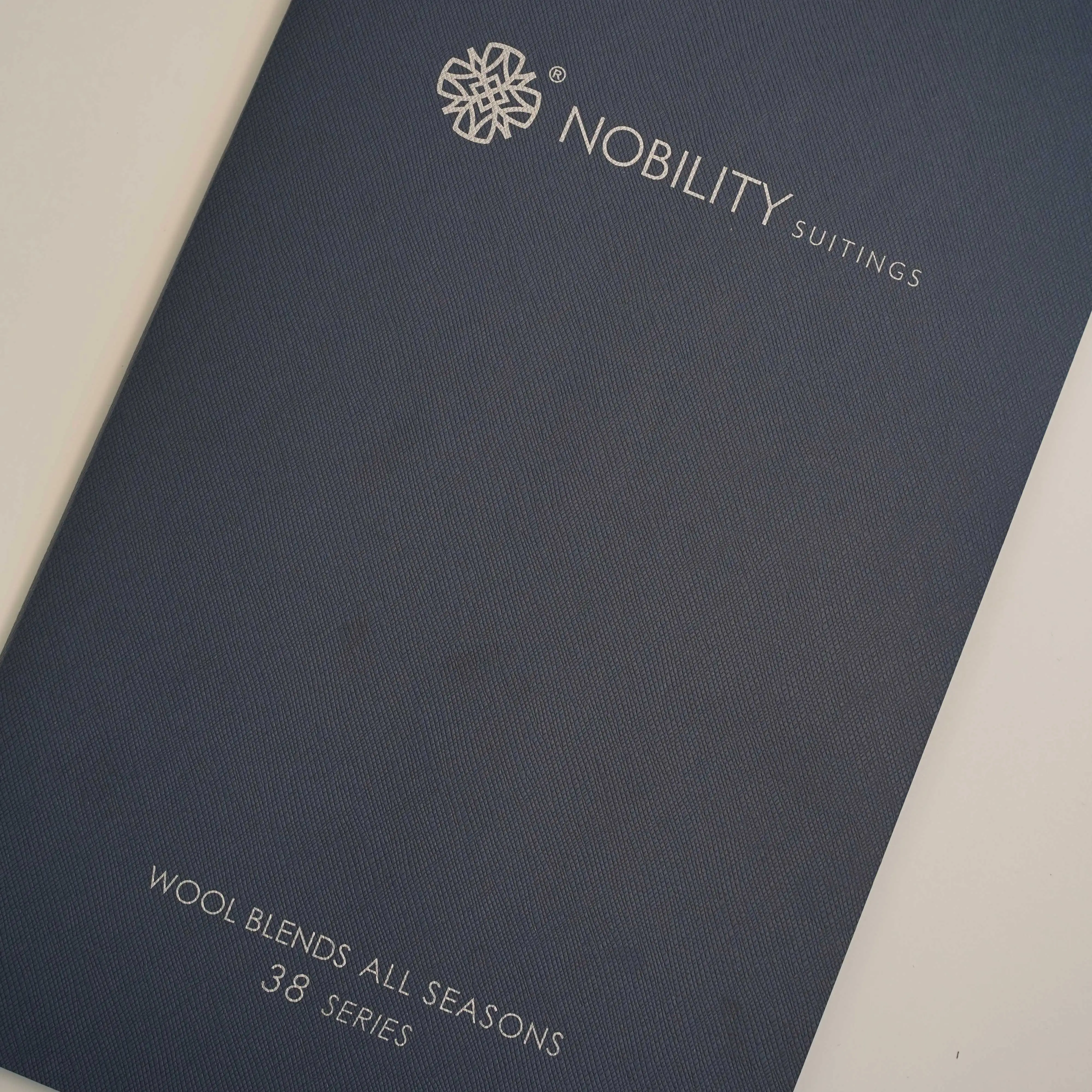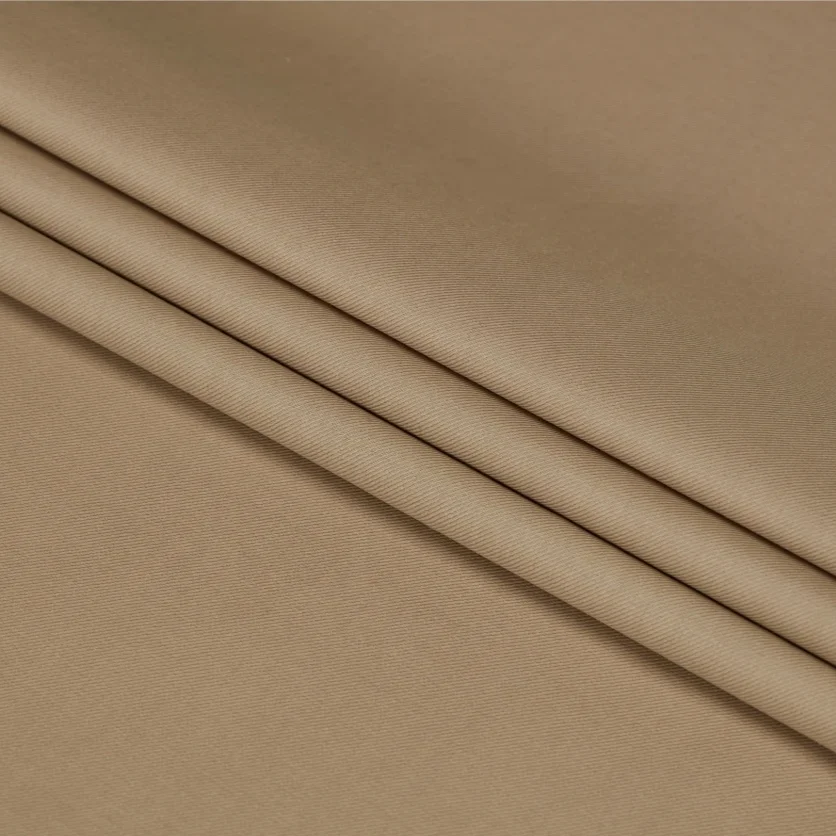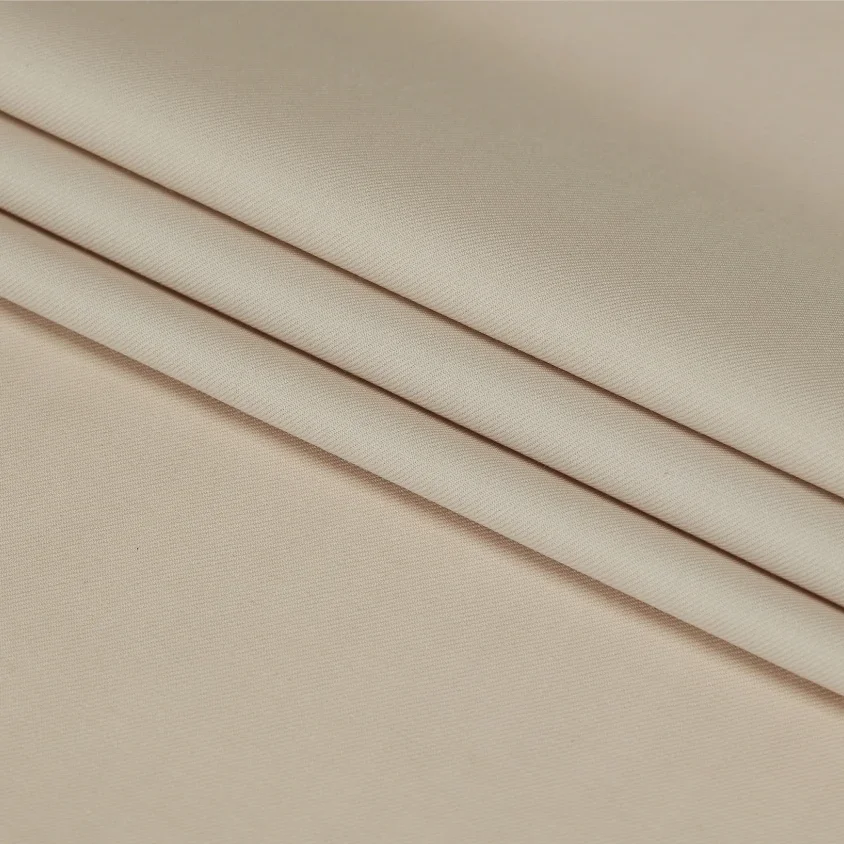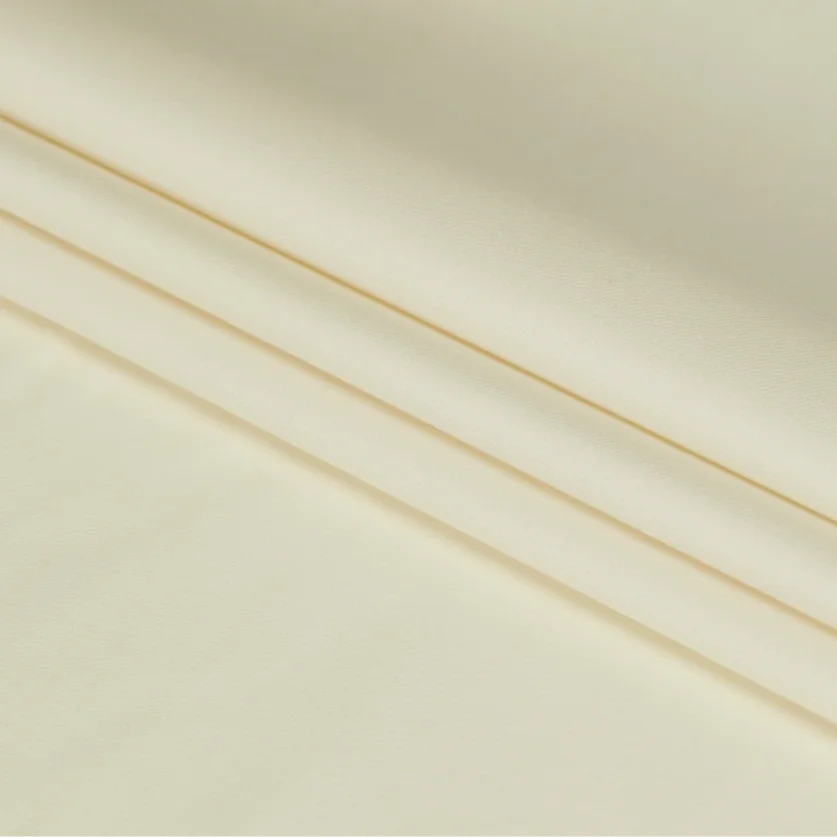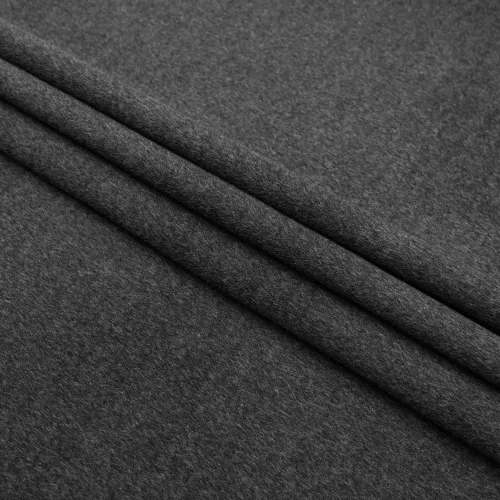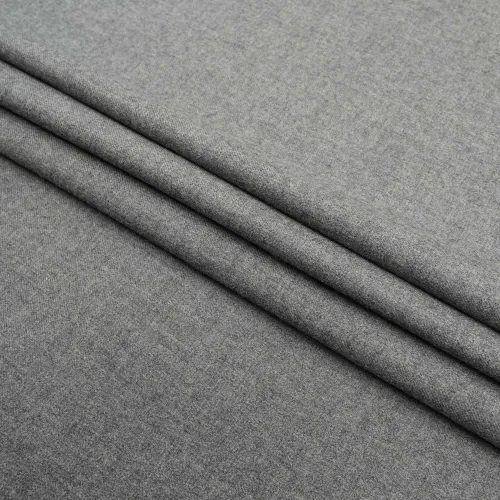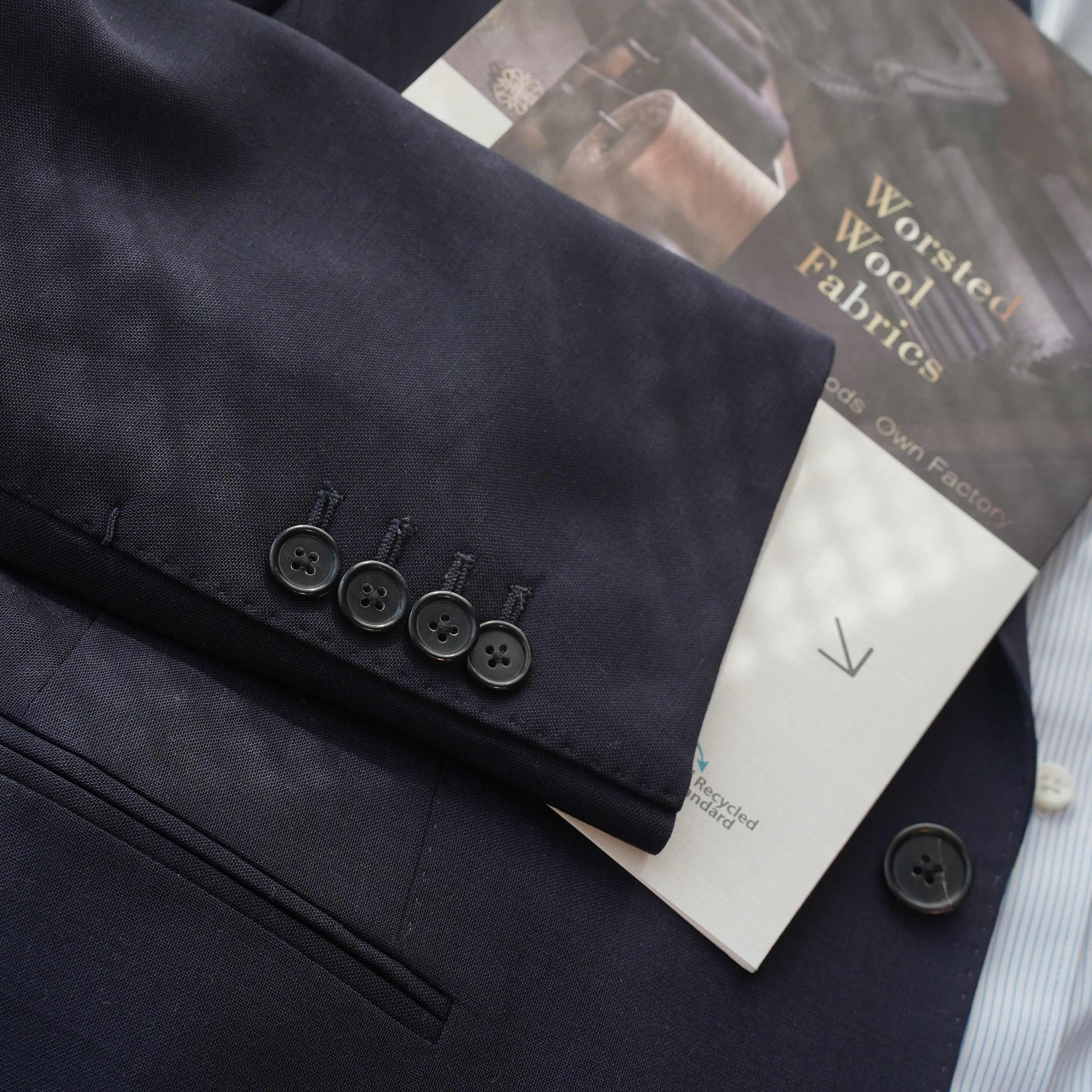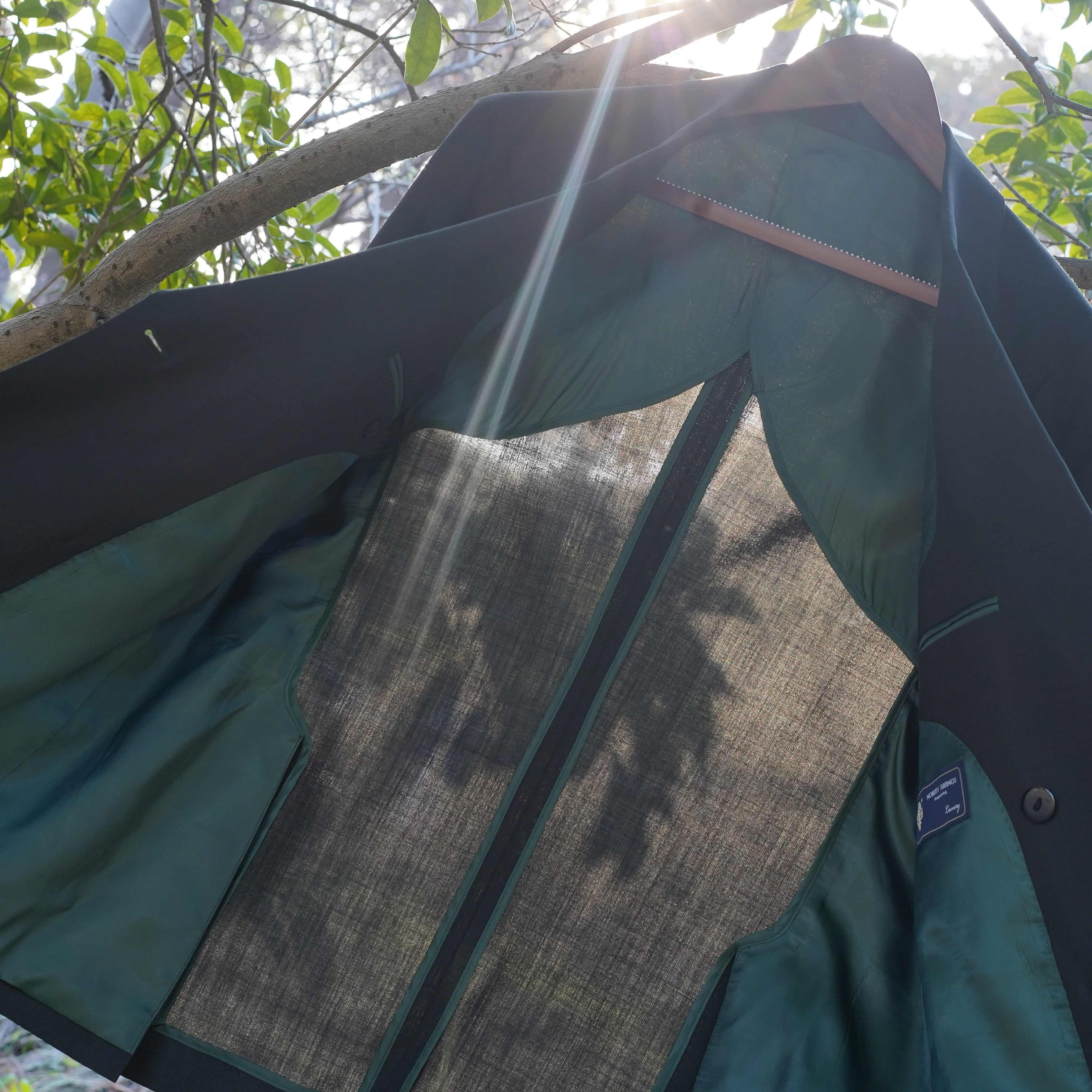izvoznik tkanine od čiste vune
Izvoznik čistih vunenih tkanina predstavlja ključnu vezu u globalnom lanacu opskrbe tekstilom, specijaliziran za nabavu, kontrolu kvalitete i međunarodnu distribuciju visokokvalitetnih vunenih tekstila. Ove profesionalne organizacije koriste obimne industrijske mreže i napredne tehnologije procjene kvalitete kako bi osigurale isporuku superiornih vunenih tkanina proizvođačima širom svijeta. Koriste sofisticirane metode testiranja kako bi potvrdile sadržaj vune, kvalitet vlakana i karakteristike performansi tkanine, uključujući vlačnu čvrstoću, otpornost na piling i postojanost boje. Savremeni izvoznici čiste vune koriste digitalne sisteme upravljanja inventarom i mogućnosti praćenja u stvarnom vremenu kako bi održali efikasne lance snabdijevanja i osigurali pravovremene isporuke. Obično nude sveobuhvatnu ponudu vunenih tkanina, od finih merino tkanina za odijela do jakih tkanina za vanjsku odjeću, pri čemu se svaka pažljivo bira da zadovolji specifične tržišne zahtjeve i standarde kvalitete. Njihove operacije često uključuju specijalizirane skladišne objekte s klimatizacijskim sistemima za održavanje optimalnih uvjeta tkanine, sprečavanje oštećenja od vlage i osiguranje dugotrajnog očuvanja kvalitete. Ti izvoznici također pružaju bitne usluge dokumentacije, radeći sa složenim zahtjevima međunarodnog transporta, carinskom dokumentacijom i certifikatima sukladnosti za različita globalna tržišta.
